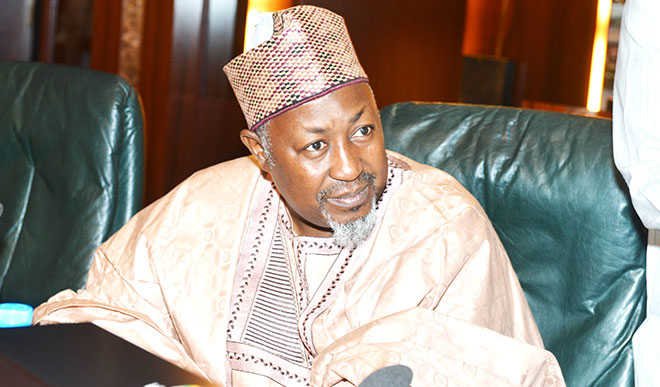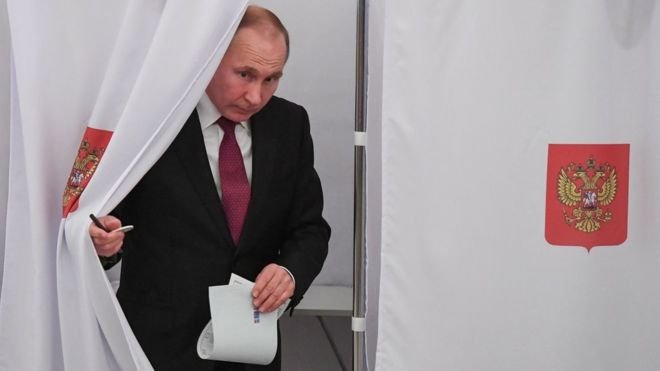Opialu Fabian, a security expert and public affairs analyst, has lambasted the Minister of Defence, Mohammed Badaru, for the country’s deteriorating security, despite President Bola Tinubu’s strong support.
On Monday, Fabian praised Tinubu’s efforts and political resolve, particularly for designating the greatest budgeted provision for security in Nigerian history.
“The president has done well. The budgetary provision is the highest in history, meaning the president has demonstrated the will to fight insecurity,” Fabian said.
However, he expressed disappointment in the performance of the president’s security appointees, stating that they have not lived up to expectations.
“These appointees have not quite done well. The president gave the security agents marching orders to end insecurity, but it doesn’t work like that. Insecurity develops in stages — this has grown to this level due to the negligence of past leaders,” he added.
Fabian criticised Badaru, stating that the recent call for self-help by former Minister of Defence Theophilus Danjuma signalled a loss of public confidence in the current leadership.
“If TY Danjuma is calling for self-help to end insecurity, that means he has passed a vote of no confidence in the current Minister of Defence,” he stated.
He also accused the minister of failing to develop effective intelligence-gathering systems, a critical component of national security.
“Intelligence gathering is a critical aspect of national security, and the minister’s inability to effectively gather and utilise intelligence has contributed to the current security challenges facing the country,” Fabian said.
Fabian, therefore, advised Badaru to step down, citing his inability to deliver results.
“The minister should thank Nigerians and the president for the opportunity to serve and step aside. It’s clear that he is not fit for the job, and his continued presence in the position will only exacerbate the security challenges facing the country,” he asserted.
He blamed much of the country’s vulnerability on leadership failures and advocated for a full revamp of the security structure.
“Our Armed Forces have done well over the years. However, they are suffering from leadership issues. The security architecture must be rejigged to suit the current dynamics and peculiarities,” Fabian said.
He also urged state governments, notably in Benue and Plateau, to take a more proactive and comprehensive approach to conflict resolution.
“Benue and Plateau State governments need to take a more drastic approach to addressing the root causes of insecurity, rather than just treating the symptoms.
“The governments have not done enough because they are viewing the crisis at the surface level. There is a need for a more comprehensive approach that addresses the underlying issues driving the conflict,” he concluded.











